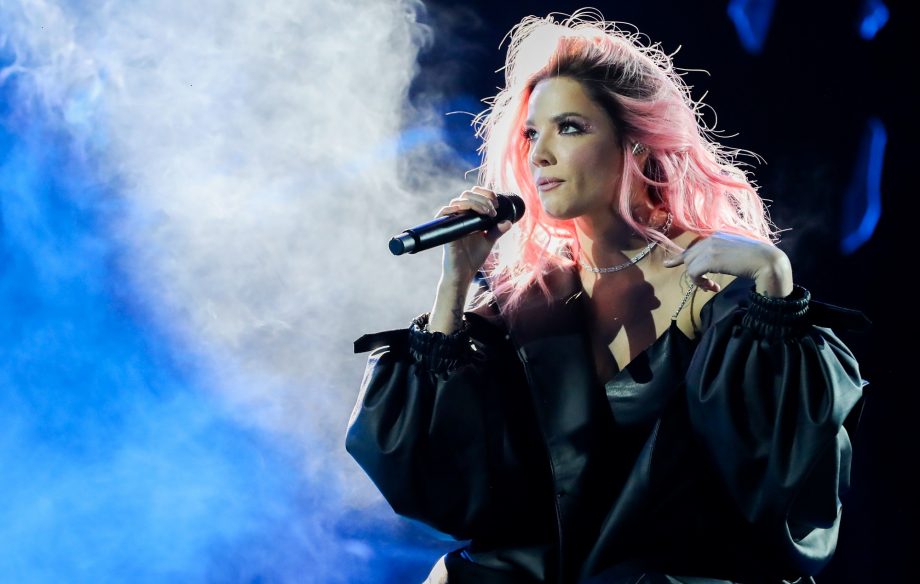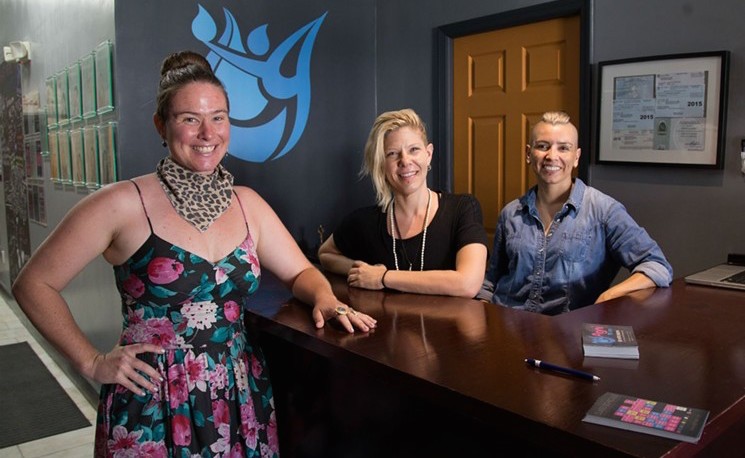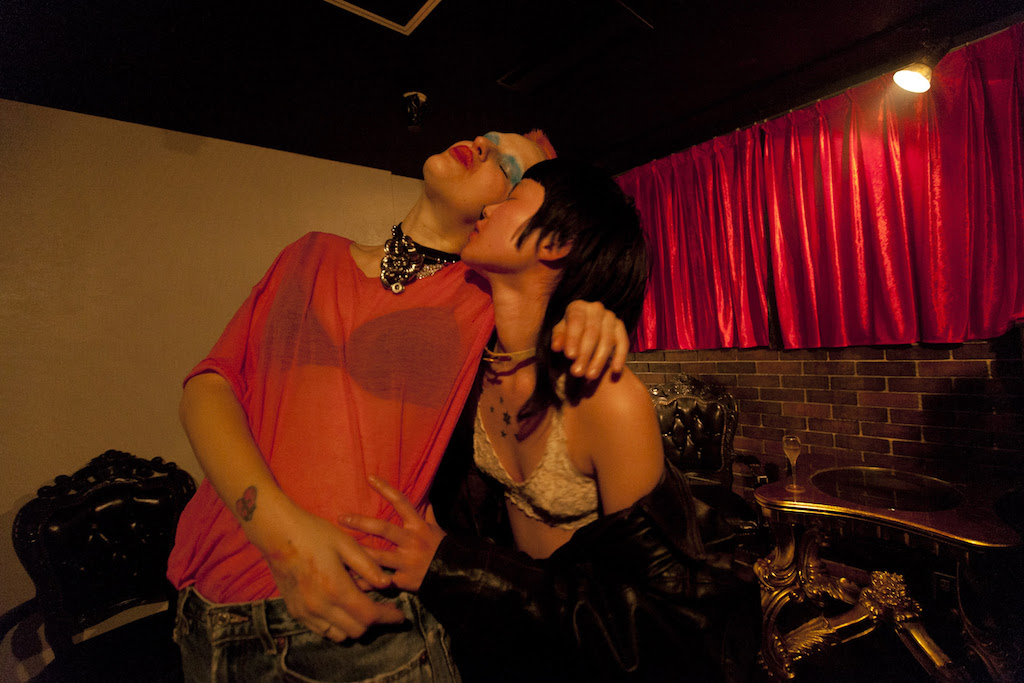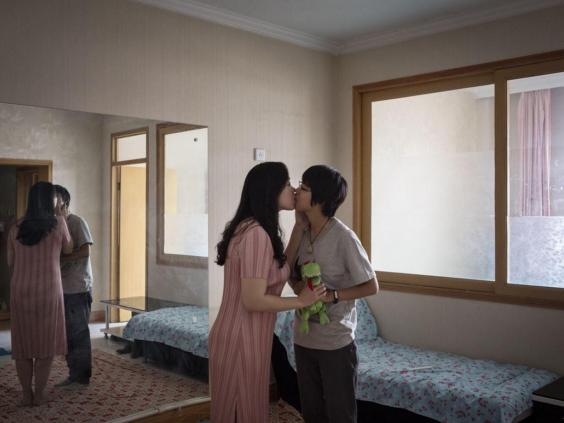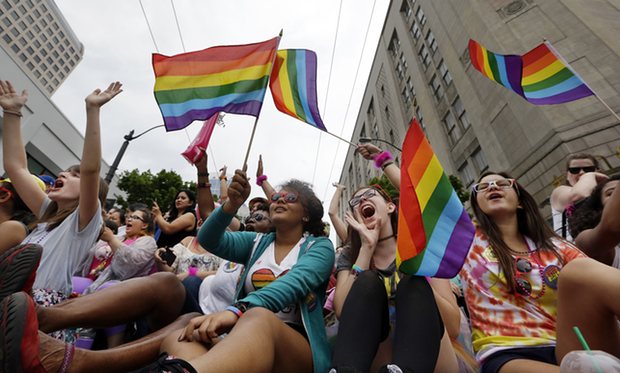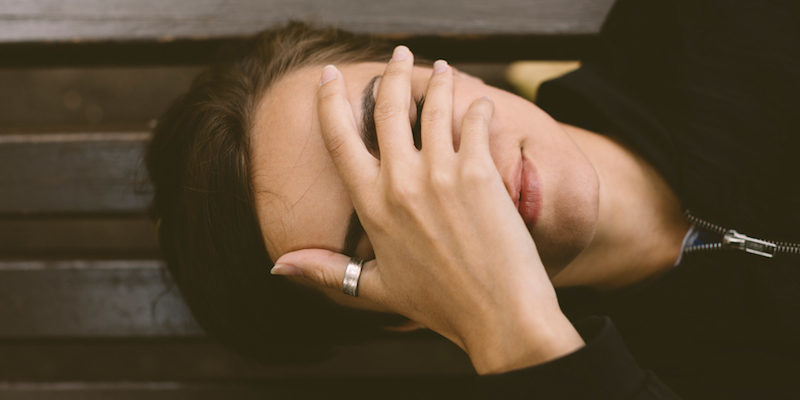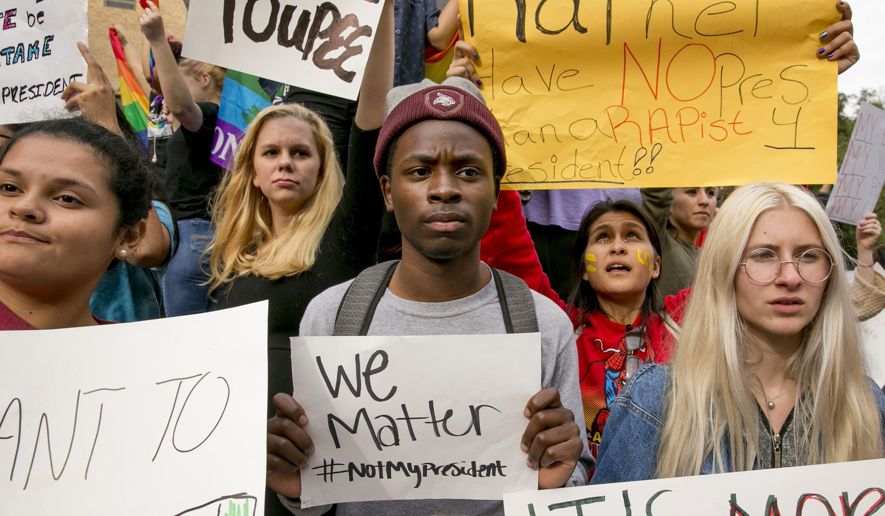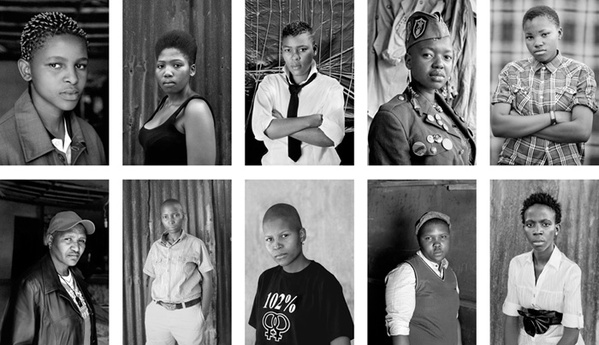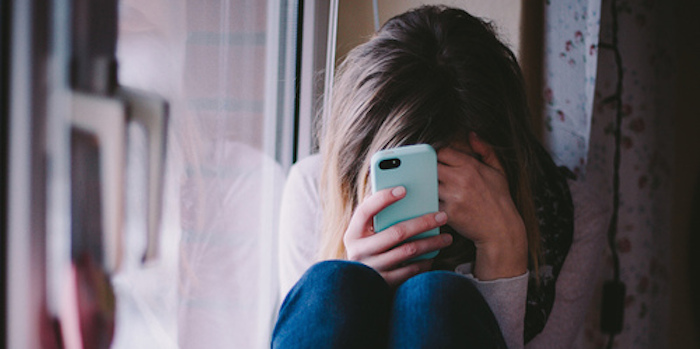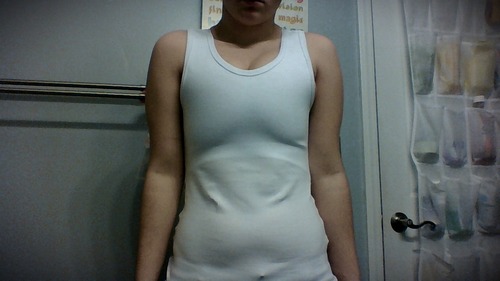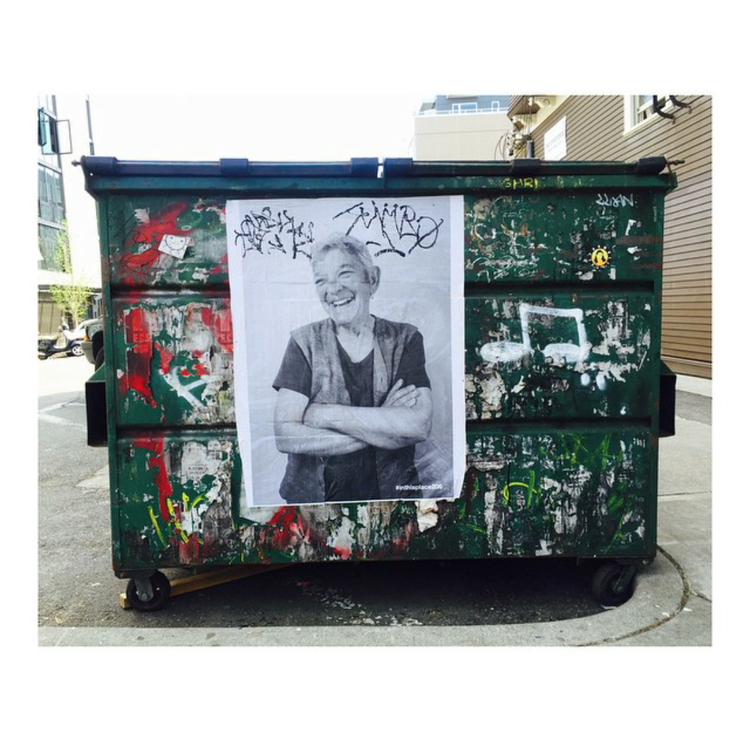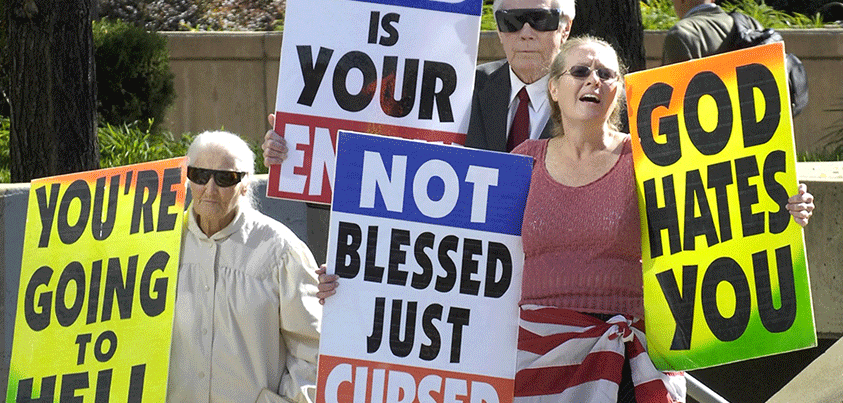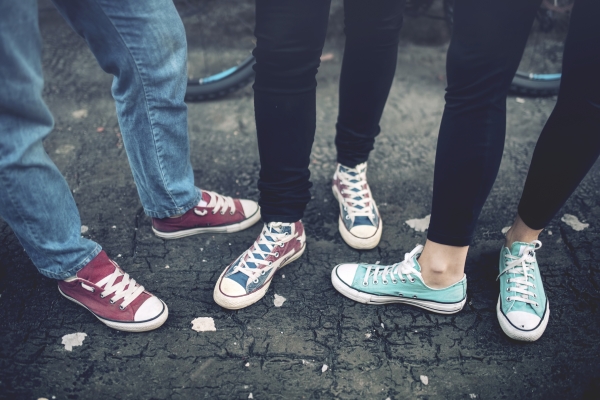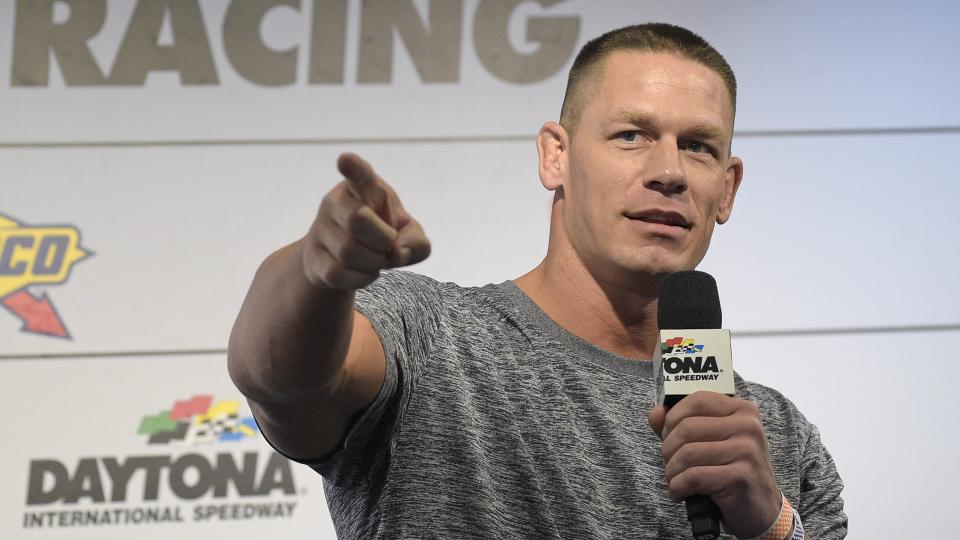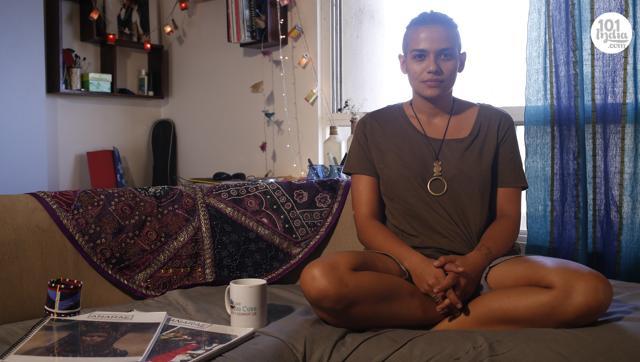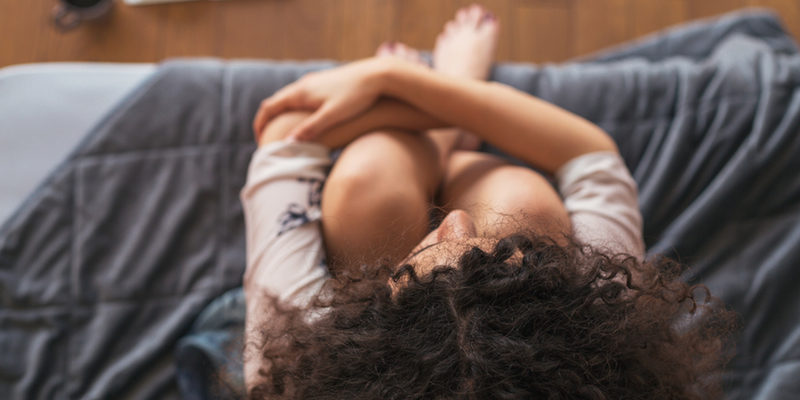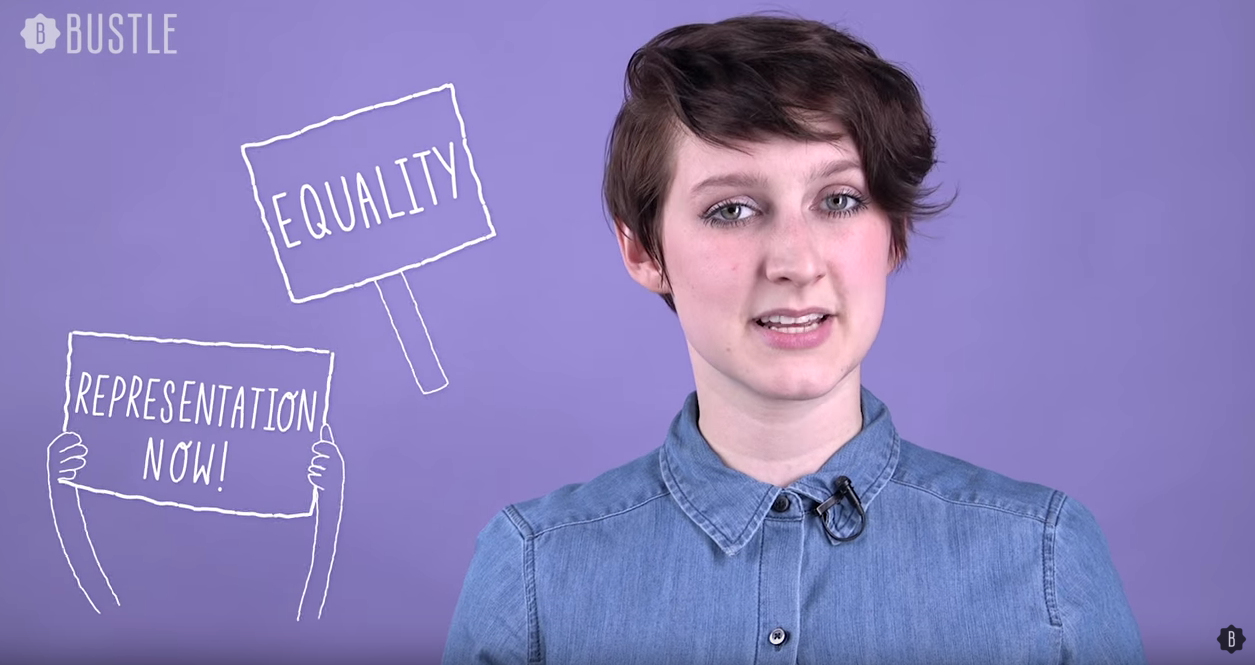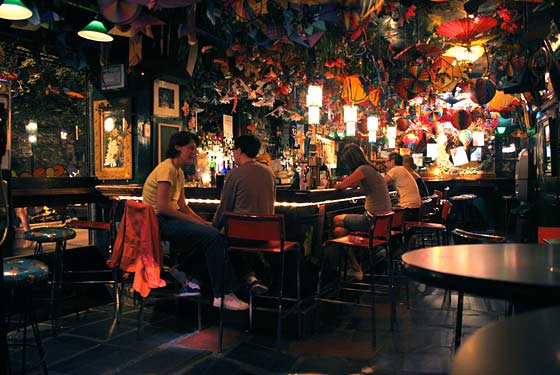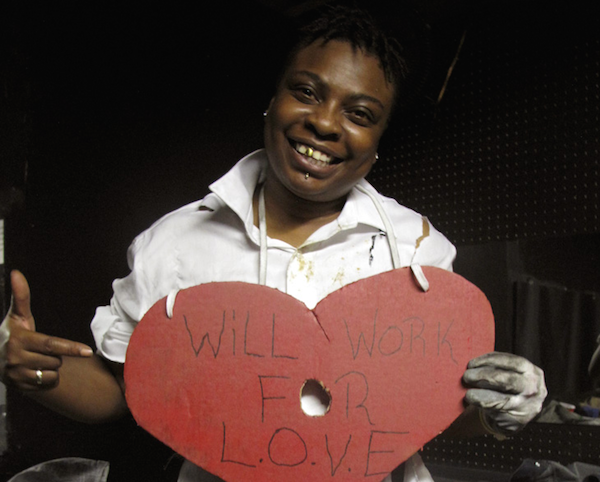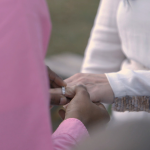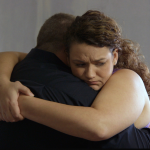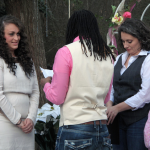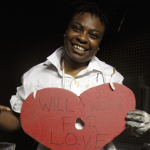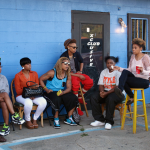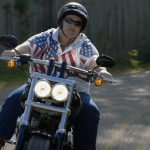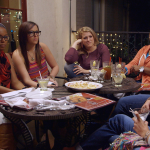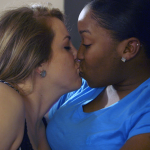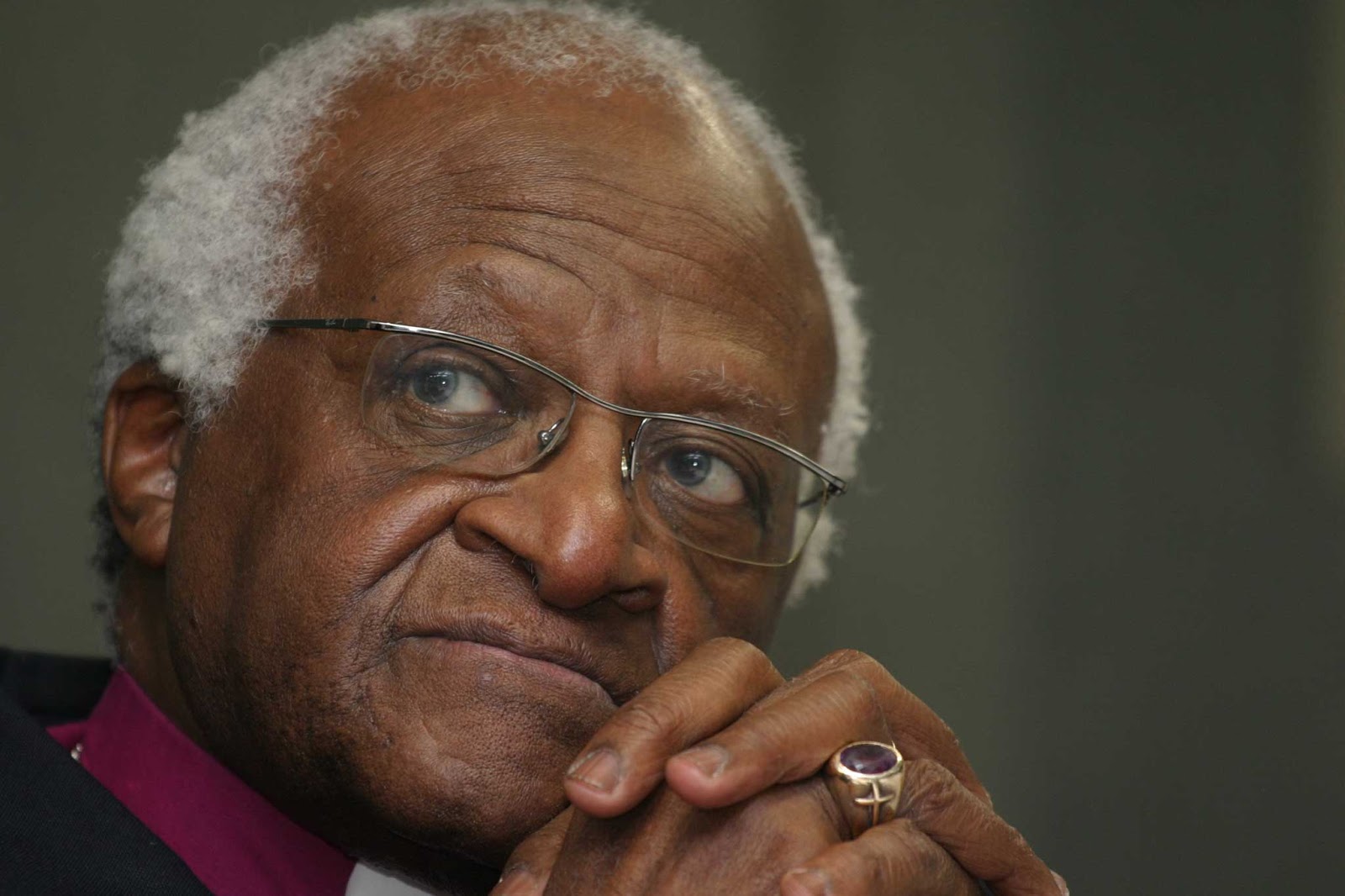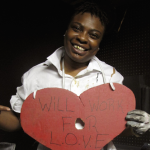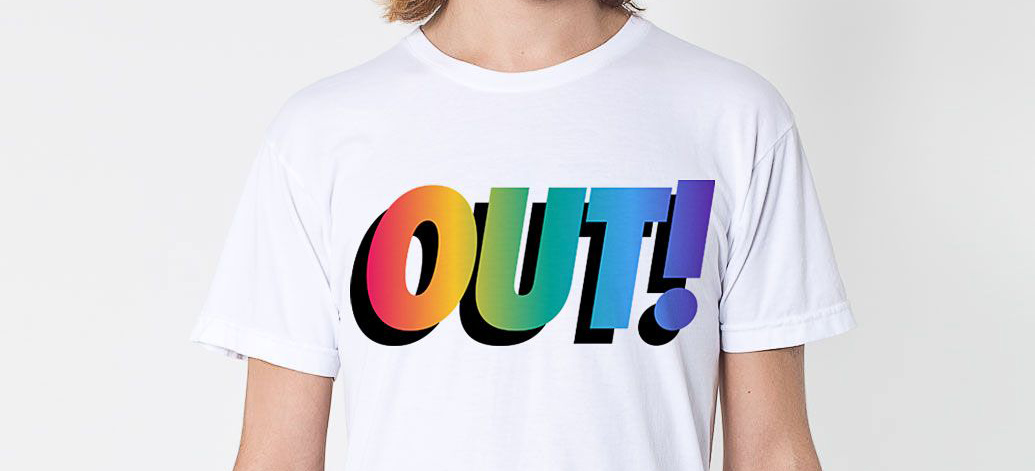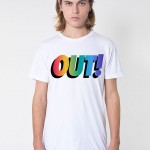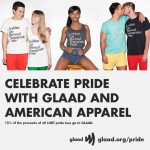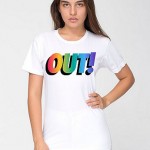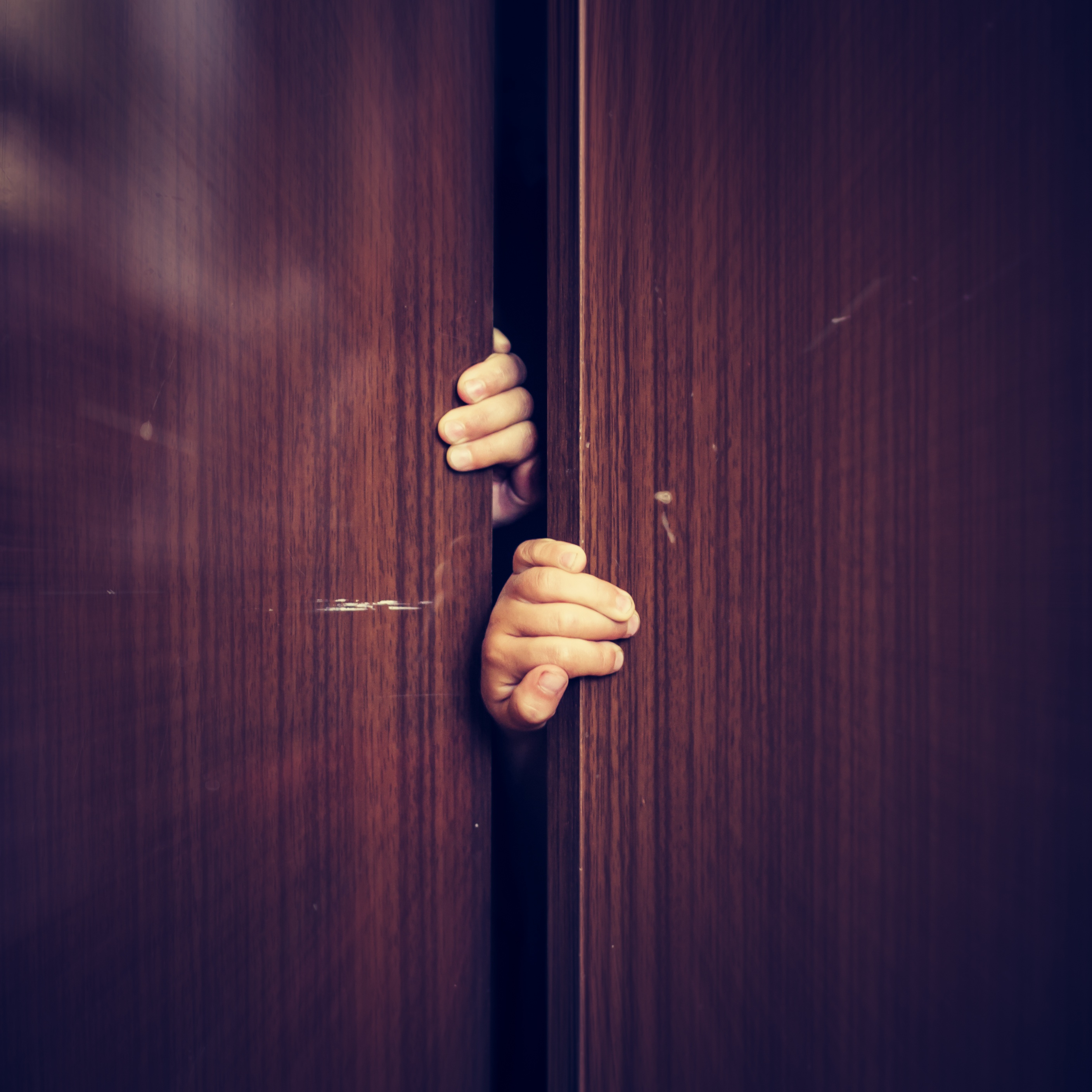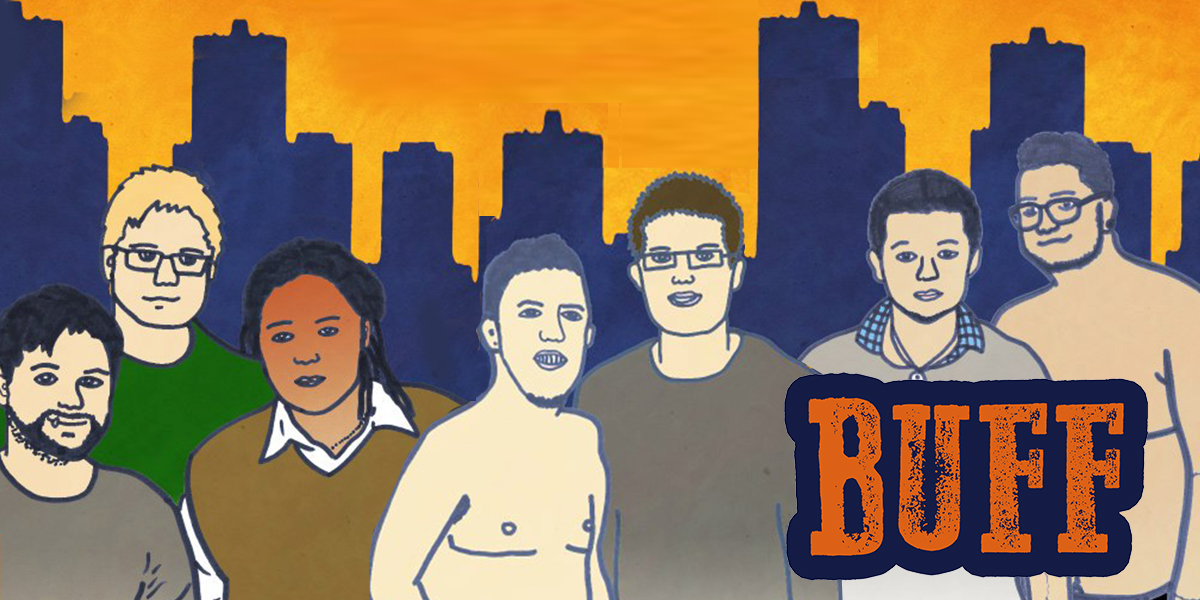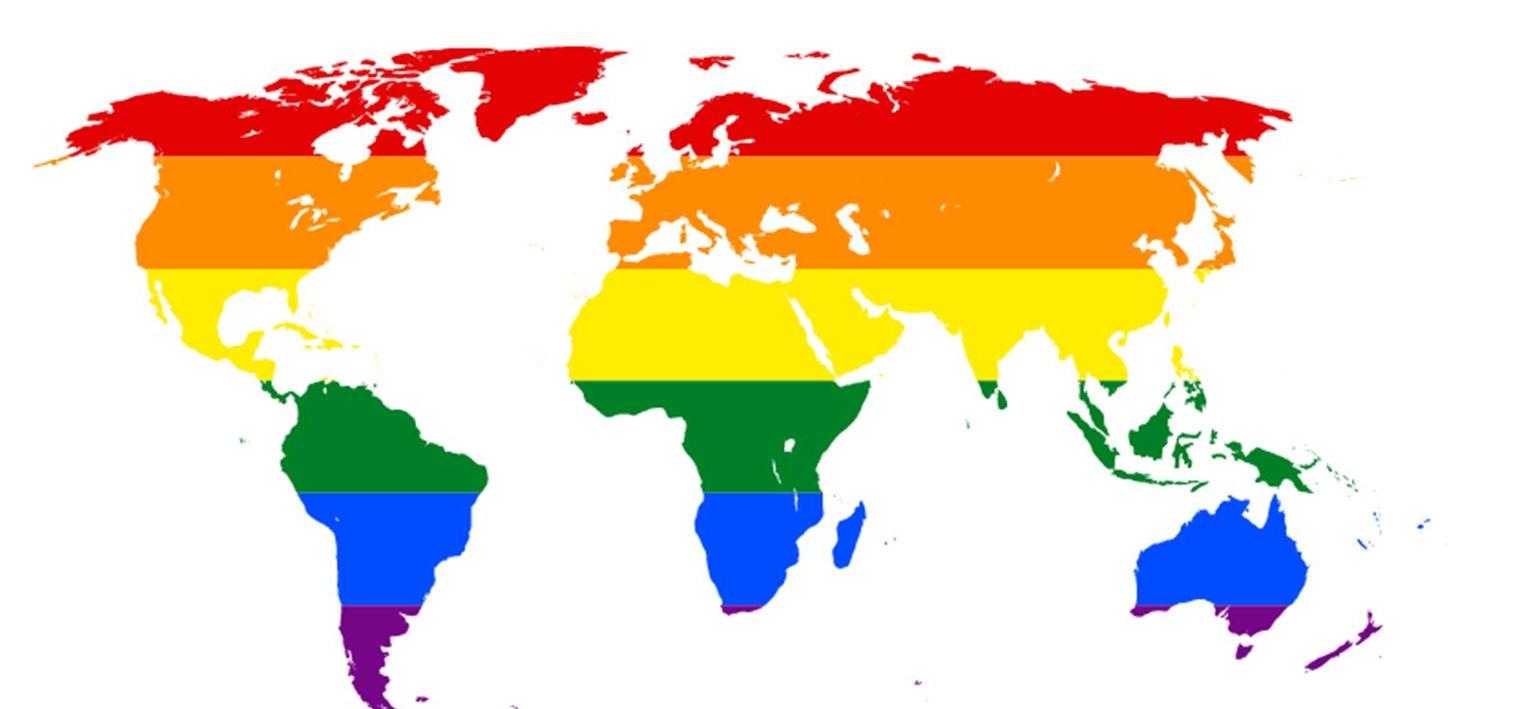LGBTQ rights supporters rejoiced last Thursday with news that homosexuality is no longer illegal in Lebanon. A court ruling abolished a case against an unnamed trans-woman (accused of having a “same sex relationship with a man”) stating that homosexuality can no longer be considered a crime because it is “not unnatural.” Lebanese law only prohibits sexual acts “contradicting the laws of nature.”
A Jdeide Court Judge – Naji El Dahdah, threw out the case, in which the Lebanese state accused a transgender woman of having a same-sex relationship with a man. The verdict relied on a December 2009 ruling by Judge Mounir Suleiman that consensual homosexual relations were not “against nature” and could therefore not be prosecuted under article 534 of Lebanon’s penal code, which prohibits sexual relations that are “contradicting the laws of nature,” and makes them punishable by up to a year in prison.
“Man is part of nature and is one of its elements, so it cannot be said that any one of his practices or any one of his behaviours goes against nature, even if it is criminal behaviour, because it is nature’s ruling,”
Judge Mounir Suleiman
Suleiman’s 2009 ruling was a result of a legal campaign led by LGBT organisation, Helem (an Arabic acronym for “Lebanese Protection of Lesbians, Gays, Bisexuals and Transgenders“) of which annulling article 534 was a primary goal.
“The more we have decisions like this, the more article 534 becomes irrelevant. Any legal change takes a lot of time but at least this article might stop being used to persecute gay and transgender people in Lebanon,”
Georges Azzi – Helem co-founder and prominent LGBT rights activist
According to Pew Research, as of 2013, an overwhelming 80% of the Lebanese public believes homosexuality should not be accepted by society, while 18% believes it should be accepted by society. But still, the country’s LGBT rights victories are mounting, slowly but surely. Last year, the Lebanese Psychiatric Society ruled that homosexuality is not a mental disorder and does not need to be treated. They even said that “conversion therapy” seeking to “convert” gays has no scientific backing — hear that, PFOX?
With the dedication of activists like Helem — which is the first organisation in the Arab world to set up a gay and lesbian community centre, and has been praised for consistently breaking “new ground in a country that criminalises homosexuality and where violence and abuse are persistent problems — the momentum to liberate gay, lesbian, transgender and bisexual people from persecution is not just alive in the U.S., but in even some of the most religiously orthodox corners of the world.
